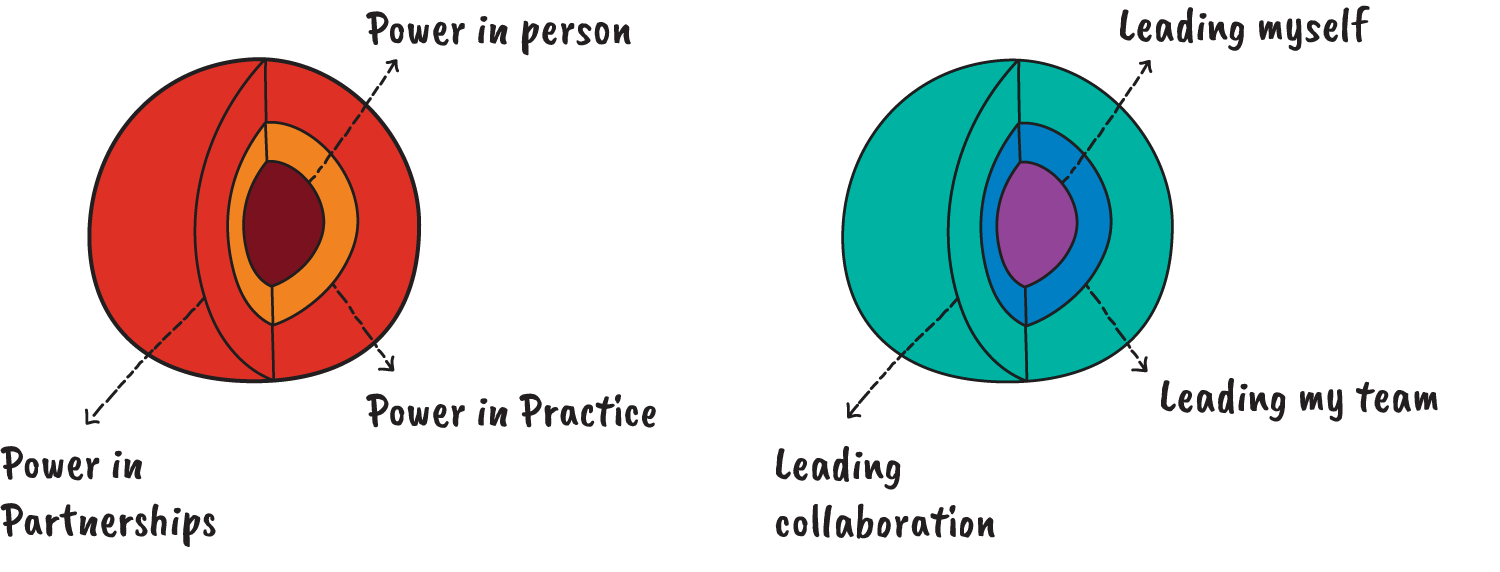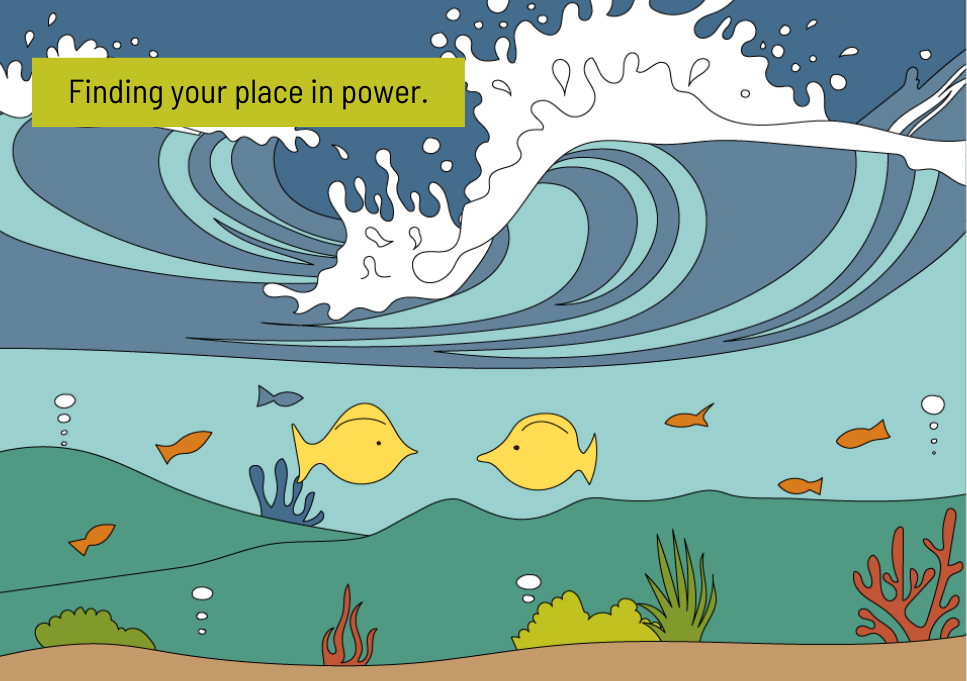Why Focus on Power & Partnerships?
Here’s what we know about power in the community conservation space where it relates to funders, international NGOs, and local conservation organizations:
Conservation success at a global scale depends on giving more resources and agency to local actors in order to support them to secure and steward their lands, territories, and resources.
Philanthropic and aid funding come with too many barriers and strings attached, placing inordinate power in the hands of the funders.
International NGOs (INGOs) hold a disproportionate share of funding and decision-making power in the conservation sector.
Partnerships between funders, INGOs, and local civil society organizations (CSOs) are essential for conservation success, yet the majority remain inequitable and unjust in practice, and power needs to shift towards the local actors we depend on for conservation success.
Internal power dynamics exist within and between CSOs, yet rarely get interrogated. The success of these organizations depends on their ability to recognize and address these imbalances.
Power and partnerships offer both the problem and solution to much of what we face in the conservation space. Yet these topics are so rarely the focus of our conversations, plans, strategies, or solutions.
The Community Conservation Forum intends to address this.
The forum will be organized around the following core aspects of power and leadership:
Power within people & organizations (power in person):
We need more outstanding African organizations, with strong partnerships and dynamic teams that can grow and sustain efforts at the local and national scale. This has to start with the individual, understanding and seeing how we relate to and exercise power (bias, privilege) and how we can find the courage and confidence to shift and balance within ourselves and our organization. From a clearer understanding of ourselves, we will then be able to explore critical issues like governance, leadership, organizational structures and transitions, and team development through the lens of shifting power.
Power and Community Conservation (power in practice):
At its core, community-led conservation is about developing strong, representative, and effective local governance institutions. Securing greater rights and ensuring accountability, while developing healthy partnerships with government, getting more adept at navigating commercial relationships in conservation, and working with researchers, policy makers and other external actors are core to this process.
Power in systems (power in partnerships):
African conservation has long been constrained by inequitable power dynamics and resource allocation; shifting power and resources within the field is finally being recognized as a key to achieving greater lasting success on the ground. Shifting power between local actors and government, funders, private investors and international organizations is now moving front and center in African conservation, with critical opportunities to accelerate the pace of change through open dialogue and practical solutions.
Resources
From the Maliasili Reader: Navigating the dynamics of power in ourselves, our organizations, and our work.
REPORT: Greening the Grassroots | 2022
REPORT: Rooting for Change | 2023
From the Maliasili Reader: We are human through the humanity of others: lessons for conservation from an African philosophy





